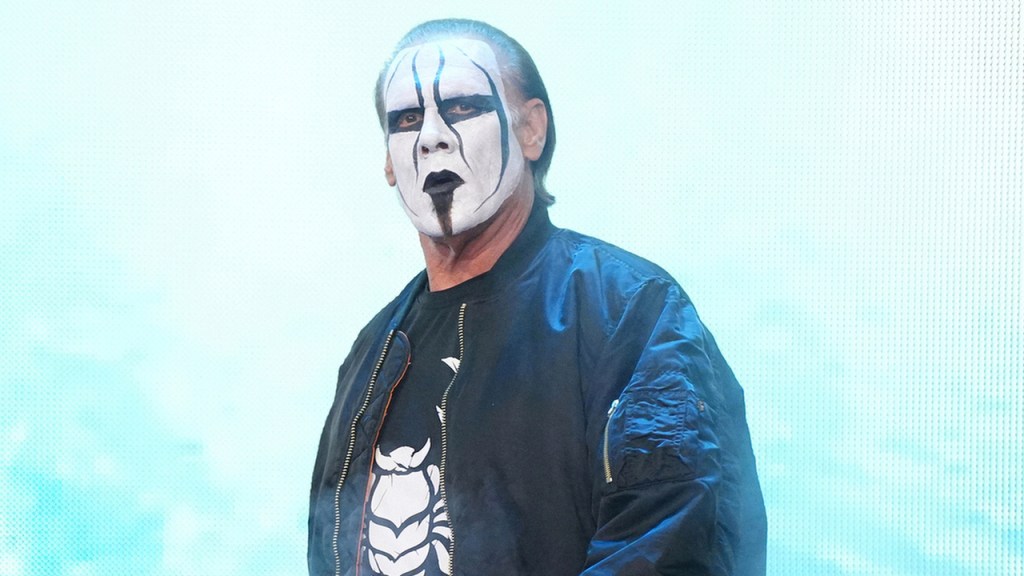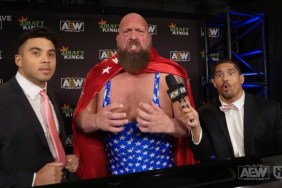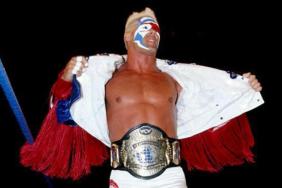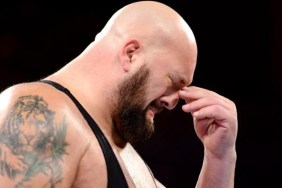Paul Wight is grateful for Sting.
After nearly four decades of action, Sting will hang up his wrestling boots at AEW Revolution on March 3. Before Sting officially retires, though, one of his colleagues looks back on the invaluable lessons he learned from “The Icon” in the early years of his wrestling career.
Less than a year after making his professional wrestling debut, Paul Wight (then known as The Giant) inked a contract with WCW. Almost instantly, Wight was thrust into the main event scene, earning himself two reigns as WCW World Champion in 1995 and 1996, respectively. During his second reign, Wight received the opportunity to headline WCW’s Slamboree pay-per-view while he defended his title against Sting. Still relatively “green” at that point, Wight instinctively leaned on Sting for some guidance, and luckily, Sting supplied him with it.
“A lot of guys early in my career didn’t know how to work with me,” Wight told Justin Barrasso of Sports Illustrated. “And I was green as grass. I started in October of ’95 and this was May of ’96, so I’m totally dependent on Sting. He understood how to wrestle a giant–he loved the story of chopping down a tree, this old-school story that goes back to Andre … My role was to be the monster that the knight needed to slay. Sting knew that the more he fought from underneath, the better the story would be. He had great timing and patience, which let the crowd really get behind him–then he fed off that energy. He had a way of showing that, the more you cheered for him, the stronger he would be.”
‘Core’ Teachings
Beyond learning how to craft a compelling story as a wrestling “giant,” Wight noted that Sting also shared an even more important in-ring philosophy with him — one that he still carries forth to this day.
“Somebody has to cook and somebody has to eat, and Sting taught me that core philosophy,” Wight said. “I learned that my first job in a match is to get my opponent over, then get the match over. That’s Point A and Point B. If you do that right, you’ll automatically get yourself over. That’s not, ‘You do your stuff, I’ll do my stuff.’ It’s bigger than you. Some guys only take care of themselves, and good for them. But the guys I respect most are the ones who make people better in the ring. That’s someone like Ric Flair, he has to be mentioned. So does Sting. I couldn’t have asked for a better influence early in my career.”
RELATED: Roderick Strong: Sting Is A Legend, A Reminder To Maximize Your Opportunities








